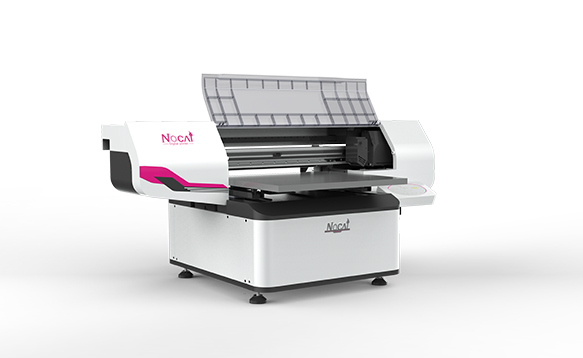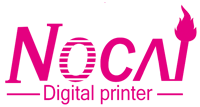
uv machine
- By:nocai uv printer
- 2020-04-22
- 801
Introduction:
In recent years, the use of UV machines has become increasingly popular for a wide range of applications across various industries. UV machines are devices that use ultraviolet light to cure various materials such as adhesives, inks, coatings, and more. This article will cover everything you need to know about UV machines, including their history, how they work, and the various applications they have in modern industries.

History of UV Machines:
The use of ultraviolet light as a curing agent dates back to the early 20th century when scientific research began to reveal the benefits of UV light in the curing of certain materials. In the early days, the technology was rudimentary, and it was not until the 1960s that UV curing technology had developed enough to be used in commercial and industrial settings.
How UV Machines Work:
UV machines use a specific wavelength of light to cure materials such as inks, adhesives, and coatings. This wavelength is known as UV-C, which is the most effective wavelength for curing purposes. UV lamps, also known as bulbs, are located inside the machine, and these emit the required wavelength of UV-C light.
The curing process starts when the UV light is directed onto the material. The material then absorbs the energy from the UV light, which causes a photochemical reaction that initiates the curing process. The curing process is fast and efficient, and it takes only a few seconds to complete.
Applications of UV Machines:
UV machines have a wide range of applications across different industries. Here are some of the most common applications:
1. Printing and Packaging Industry
The printing and packaging industry has been using UV machines to cure inks and coatings for years. UV machines are essential in this industry due to their quick curing times, which enable faster printing speeds and less downtime.
2. Automotive Industry
The automotive industry uses UV machines to cure coatings and paints on cars. UV machines are highly efficient in the automotive industry due to their ability to cure at low temperatures, which minimizes deformation of the materials, and the high speeds at which they operate.
3. Electronics Industry
The electronics industry uses UV machines to cure adhesives and coatings used in circuit board assembly. UV machines provide a cleaner and more precise curing process, and they are essential in the production of microchips, electronic circuits, and other electrical components.
4. Medical Industry
The medical industry uses UV machines for various applications such as sterilizing hospital rooms and equipment, phototherapy treatment in newborns, and curing dental composites.
Advantages of UV Machines:
1. Fast curing times
UV machines offer fast curing times that can be as short as a few seconds.
2. Efficient
UV curing is an efficient process that does not require solvents, which reduces waste and emissions.
3. Better quality
UV curing provides a better quality finish due to its superior adhesion, durability, and resistance to scratches and abrasions.
4. Reduced manufacturing costs
UV machines reduce manufacturing costs by eliminating the need for solvents, reducing waste, and increasing production speeds.
Conclusion:
UV machines are a critical component of many industries, and their benefits are numerous. The advantages of UV curing range from reduced manufacturing costs to better quality finishes, and they offer a cleaner and more efficient curing process. The use of UV curing technology will continue to grow as more industries look for ways to improve their manufacturing processes and reduce their environmental impact.


Speak Your Mind